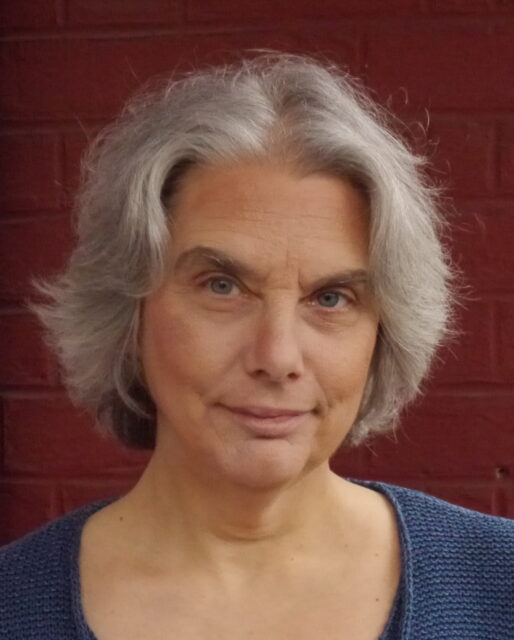Dawson teacher awarded excellence in teaching physics for Quebec and Nunavut
Dawson’s Hélène Nadeau has been selected by the Canadian Association of Physicists (CAP) for the 2022 CAP Award for Excellence in Teaching High School/CEGEP Physics (Quebec and Nunavut). This is “recognition of her dedication to teaching physics and the development of students’ experimental and research skills,” stated the CAP in their news release: CAP Award for Excellence in Teaching is presented to Hélène Nadeau
“Hélène has developed unique CEGEP courses combining neuroscience and the physics of brain imaging techniques. In addition to supervising and encouraging students in a variety of research projects, she also supports them in extra-curricular competitions, such as “Science, on tourne!, PontPop, and Concours Génie Civilisé. Teaching interdisciplinary content with a collaborative, problem-solving approach, Hélène sets students up for success in pursuing careers in the sciences,” the CAP statement read.
Significant contribution
“Hélène has been a valued faculty member of the Physics Department at Dawson College for almost 25 years,” said Academic Dean Leanne Bennett. “She has made significant contributions both inside and outside of the classroom. This award reinforces what we already know: Hélène is an outstanding teacher whose students have greatly benefited from enriched learning experiences thanks to her generosity and dedication.”
Hélène had an exciting career as a scholar and researcher specialized in theoretical particle physics before becoming a physics teacher in the CEGEP network.
After her physics degree at Université Laval, she went to Yale for a combined master’s and doctorate in physics and then did post-doctoral work in Paris, Seoul and eventually back home in Canada at McGill University. After a few teaching jobs at other CEGEPs, Hélène found her work home at Dawson in 1998.
Hélène recalled what it was like to start teaching: “You have to learn fast because you find out you are teaching about two days before class begins! You begin with a colleague’s material and then you develop your own view of how it should be taught.”
At the time Hélène joined the Physics Department at Dawson, it was a period of renewal with many new faculty members joining the department. The development of active learning as a pedagogy at Dawson, the active learning classrooms and the Dawson Active Learning Community (DALC) were all embraced by the Physics faculty. “This movement was very active in physics and I have been using the active learning classrooms since the early days,” she said.
Questions that motivate Hélène
What makes students think? What makes them become engaged? These are questions that have always motivated Hélène as a teacher. “I want to teach materials so that five years later, something will be left. They may not recall all the details but they will be able to use the concepts,” she said.
In 2010, Hélène returned to research while continuing to teach. Her topic of research was brain imaging. In the summer of 2015, she began the Brain Imaging Research Project in collaboration with university partners. The student response was highly enthusiastic and the project has grown steadily ever since. In the winter of 2017, Sylvia Cox from the Psychology Department joined as a codirector, bringing in complementary expertise. The initiative became the Dawson Research in Neuroscience Group and we found more research partners as more and more students were eager to participate. “As a teacher, it is very rewarding to see students getting hooked on research. It’s exciting! We see students make connections and see how different disciplines work together in an actual project.”
Giving students important skills
Hélène explained that in a typical course, the teacher follows the textbook and students work on problems. “In research, one needs to look at a problematic and resolve it like a puzzle. Not even the mentor knows the answer before hand. There is no recipe and no guarantee that you will be able to find an answer. You have to keep working at it. Our role is to support the students through this process, which can be frustrating and rewarding. Doing research builds perseverance and gives students skills that will be important for everything they do in the future. They gain self-autonomy and confidence. They must find in themselves the motivation and trust their intuition.”
Hélène is totally invested in teaching. She has not had a CEGEP teacher’s summer off since 2014 because she is giving her time to students through running the Neuroscience Research Project.
The CAP Award is especially for Hélène’s Neuroscience Research Project; a year-long extracurricular research activity begun in 2017; and two new courses she created: an option course entitled Topics in Physics: Introduction to Brain Imaging and a complementary course open to students of any program entitled Contemporary Issues: Introduction to Research in Neuroscience.



